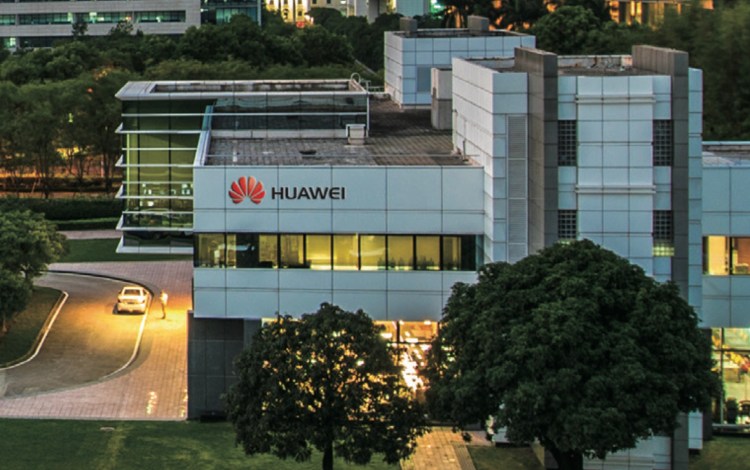Following the Australian government’s decision today to block Huawei and other Chinese companies from supplying 5G cellular networking equipment within Australia, China’s government has spoken out on the ban through official and unofficial channels. The message: Chinese and Australian companies will both suffer as a result of the ban, and China will not abide the use of “national security” as a pretext for interfering with Chinese companies’ normal business activities.
Chinese government communications generally take two forms: official statements made by government spokespeople, and unofficial statements from government-controlled news organizations. In recent years, China’s official statements have generally been diplomatic, leaving more sensational claims and bellicose language for unofficial communications.
Officially, a Chinese Ministry of Commerce spokesperson said (via Xinhua) that Australia’s rules would “exert negative influence” on both Chinese and Australian companies, and asked the country to uphold principles of fairness and openness for Chinese businesses. “Australia should look at the big picture of bilateral economic and trade cooperation,” the spokesperson said, “rather than easily interfere with and restrict normal business activities in the name of national security.”
But an editorial in the Chinese Communist Party-controlled Global Times expressed similar sentiments in a more menacing way, obliquely threatening consequences after Australia’s government “stabbed Huawei … in the back.” The Times accused Australia of bending to U.S. economic protectionism, claiming that the U.S. was using national security as a pretext for discriminating against Chinese companies, while compelling its allies to squeeze Huawei’s global market.
June 5th: The AI Audit in NYC
Join us next week in NYC to engage with top executive leaders, delving into strategies for auditing AI models to ensure fairness, optimal performance, and ethical compliance across diverse organizations. Secure your attendance for this exclusive invite-only event.
“Washington and its followers boycotting Chinese producers should be aware that the world’s largest telecommunications market is in China and the largest comprehensive market in the future is also in China,” the Times said. “Those who willfully hurt Chinese companies with an excuse of national security will meet their nemesis.”
The Australian ban on Chinese 5G gear has been expected for months. Enhanced security is one of the four key pillars of the next-generation 5G wireless technology, as the international 5G standard calls for advanced hardware-level protection of data to prevent both surveillance and tampering. But despite major Huawei contributions to the 5G standard, the “independent” company allegedly maintains ties to the Chinese government, and U.S. officials have raised serious concerns about the security of Huawei hardware.
Huawei has protested its innocence for months, to no avail. Following briefings by U.S. authorities, Australian security agencies concurred that Chinese companies including Huawei and ZTE posed threats to national security, as they are compelled by Chinese law to keep China’s government informed about security vulnerabilities and to cooperate with intelligence-gathering operations. Consequently, today’s decision blocked firms “who are likely to be subject to extrajudicial directions from a foreign government” from supplying 5G gear to Australia.
The decision’s impact on Chinese 5G hardware makers is expected to go further than Australia’s borders. Australian telecom decisions are influential on both New Zealand and other neighbors, including the Solomon Islands, where Australia intervened in June to keep Huawei out of the local telecommunications network. South Korea and other nations have been weighing similar bans on Chinese 5G gear, as well.

